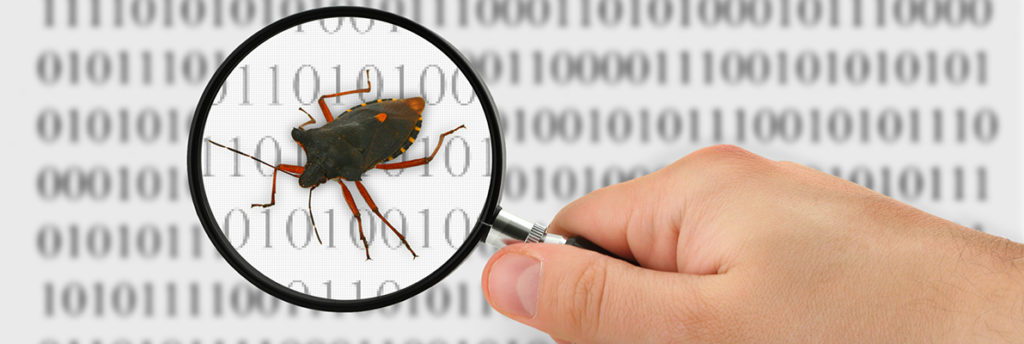
Every few months while we remove viruses we hear about another data breach at a large organization that impacts millions of consumers’ personal information. The taxpayers of the State of South Carolina, shoppers at Target, and anyone in the database of credit reporting agency Equifax are just a few of the victims of data breaches through no fault of their own.
The Equifax breach alone exposed 143 million people to identity theft. In 2017, there were 1,579 different data breaches with nearly 179 million records exposed, according to Statista.
So, what do you do if your data has been breached?
There are a number of steps you should take as soon as possible to protect yourself from identity theft or being hacked. We’ll go over those below in detail. The longer you wait to take action the more damage can be done to your credit, finances, and reputation.
$16.8 billion was stolen from 16.7 million identity theft victims last year. (III)
When we have a client with a data breach issue, our Data Security Team at Connect2Geek is on high alert and springs into action. We help people take the necessary steps to protect themselves through things like virus removal and prevention and network security. We help them put several levels of protection between them and cyber criminals.
We work with home and business clients in Nampa, Boise, and the Treasure Valley area, but these tips will help you recover from a data breach no matter where you live.
My Data’s Been Breached! Now What?
It’s easy to feel helpless when you find out a major retailer that you trusted with your data tells you it was stolen, but you do have some power to minimize your risk. If you act fast, you can help thwart identity theft thieves or hackers trying to use a stolen password to get into your bank account.
Here are steps you should take if you’re the victim of a data breach.
Identify What Type of Data Could’ve Been Stolen
The first thing you want to do is determine what may have been stolen, as this will help narrow down the steps you need to take. For example, if you shop at a breached retailer and only ever paid cash, then you won’t have to worry that your debit card information was stolen.
Here are some of the data types that can be exposed in a data breach:
- Name
- Address
- Email Address
- Phone Number
- Date of Birth
- Social Security Number
- Credit or Debit Card Details
- Site Password
- Social Media Login
Change the Impacted Passwords
Many people use the same password for more than one login. If a password was stolen it could allow a hacker to get into other accounts you have that use it. If you had a login at a breached organization’s website, you’ll want to change it ASAP.
Contact Your Bank or Credit Card Company
Just as you would do if your physical debit or credit card was lost or stolen, if the card details have been compromised in a breech, use the number on the back of the card to report the breach and you’ll most likely be issued a new one and the old one will be deactivated.
Check the Organization’s Website for Instructions
Once you’ve been notified (or learned on your own) about a data breach. Check the company’s website for instructions. They may offer free identity theft monitoring for a specific time period, for example Equifax and the State of SC each offered a year free monitoring after their data breaches.
Sign up for Identity Theft Monitoring
If the breached company doesn’t offer it for free, it’s still a good idea to sign up for identity theft monitoring if sensitive information, like your social security number was exposed.
Ask Credit Reporting Agencies for Fraud Alerts
You can sign up for free fraud alerts online or call each of the four credit bureaus directly to ask them to place a fraud alert on your name. The credit bureaus are Equifax, Experian, Innovis, and TransUnion.
Beef Up Your Own Cyber Security
While you may not have millions of consumer records on your home computer, you do have a lot of your family’s sensitive information that can include bank account logins and tax records. Have a scan done, and virus removal if needed, then make sure you have antivirus software, strong passwords, and good wireless network security.
Need Help After a Data Breach? Call a Geek!
It can be scary finding out you’re the victim of a data breach. Don’t face it alone! If you’re in Nampa, Boise, or the Treasure Valley area, call Connect2Geek and we’ll help you through it, 208-468-4323.
